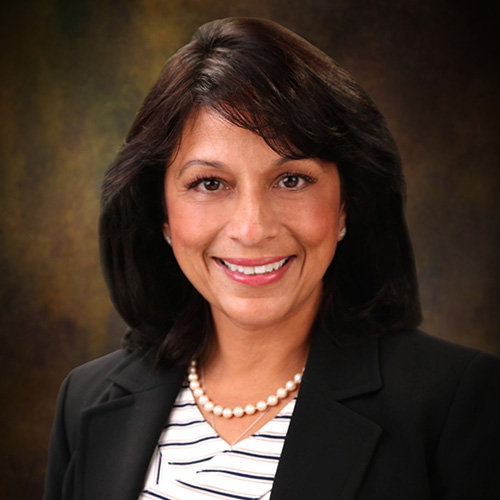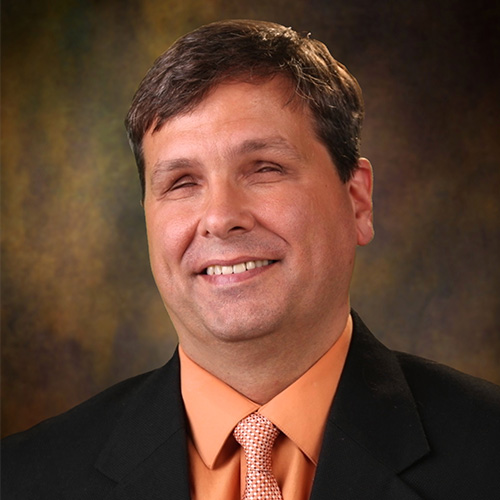Imagine a world where you could have wellness your way. Imagine if you were given the tools, resources, and relevant content to help you live your best life, to take control of your health. Crazy idea, right? No more anxiety trying to find a one size fits all solution from the latest blog or fitness fad website. A product that could bring all those endless searches we make in Google together, in one place, that’s updated continuously based on any changes in our lives and in our health.
It exists, and it’s already touched the lives of over 45,000 people.
In this month’s podcast, we sit down with University of Rochester’s School of Nursing team, Renu Singh and Brian Harrington to get a behind-the-scenes look at a cutting-edge wellness application they brought to market for University of Rochester employees. Our hosts Sean and Joe not only look at how this power team brought this beautiful concept to life but also their process for continuously innovating the framework to provide care to the ever-changing needs of the different organizations it now serves.
Great software products are measured and improved based on the engagement of their users.
Fifteen years ago, when the University of Rochester team came together to bring their clinical framework to life, their biggest goal was to give people the opportunity to take control of their health by making informed decisions before a health event occurred. They intended to do this by providing users with easy-to-understand information, custom to their medical and wellness needs, to help them make intelligent decisions. The result – healthier lifestyles and lowered healthcare costs.
Though better outcomes and lowered costs is a clear measure of success and contribute to the greater goal behind the existence of this product, how their users are interacting with the product itself is equally as important. Renu and Brian both speak about the importance of reaching their users where they are and on a level that is approachable and relatable. Their infrastructure goes beyond capturing information that typical health products do like past medical history and current health issues. They target individuals by collecting information such as what their health and wellness needs are, their interests, motivations, and more. This information helps them connect with users in a unique way, ultimately helping their team model an engagement strategy different than what’s being done in healthcare today.
Earning user trust in a health-sensitive space has to start from the very first interaction.
In a space flooded with regulations and sensitive health information, it’s intimidating to know where to start in building a user experience that warrants trust and engagement. From day one, the University of Rochester team understood how instrumental the role of nurses and coaching patients would be in not only the success of their product but also in building trust with patients.
The coaching, biometric screenings, and personal health assessments that occur early on from their clinical staff provide a human to human element that goes beyond the software product. Utilizing information gained from these in-person visits helps the portal customize the way it communicates with individuals on a personal level. Patients are then able to check their current state of health and improve it when they aren’t in the office through ample resources seamlessly laid out in the application dedicated to their wellness needs and motivations.
By ensuring that the system does what people want it to do and engages them in a way they want to be engaged, they are continuously gaining trust.
When the business and software product work in unison, ultimate impact, and continuous product innovation is achieved.
The beauty of having a team in-house that manages the technology framework is that the business informs the software. By working closely with nurses and coaches, their team can assess information that comes from in-person interactions and adapt the software accordingly. These in-person relationships aren’t just crucial for building trust for the product; it’s also a huge opportunity to understand how it can be improved. When the clinical team interacts with patients during their visits, they can gain a better understanding of what features they find beneficial and areas that could be improved to enhance the overall experience. Utilizing historical data within the system and testing wellness trends have also allowed them to take their software and enhance it in ways that support the needs the business is looking for and contribute to their greater goal.
The University of Rochester medicine product, YoURHealth, has been rolled out to 39 organizations regionally. Renu and her team are hopeful that this cutting-edge platform can be rolled out nationally, but they still need to assess how they can provide the high-touch clinical interventions that are currently a differentiator, using in-person clinicians and telemedicine. To learn more about how this product is shaking up the employee wellness space, check out The Product Momentum Podcast – Episode 6: Building a Healthcare Product.
Renu Singh

Renu Singh is the CEO at the University of Rochester Medicine’s Center for Employee Wellness, as well as the Senior Associate Dean of Finance and Operations at the School of Nursing. Renu Singh spearheaded the development and implementation of the Center for Employee Wellness for U of R. As Associate Dean of Operations, Singh oversees the school’s technology, personnel, and facilities management. This year, Singh was bestowed the Women of Excellence Award by the Rochester Business Journal due to her career accomplishments, community involvement, leadership, and commitment to mentoring.
Brian Harrington

Brian is the director of Information Technology Services and Building Operations for the University of Rochester School of Nursing where he leads teams and projects to deliver high-quality integration of technology with the School’s academic, research, and practice missions. With over 20 years of technical expertise in healthcare environments, including leading the technical efforts of the flagship UR Medicine Employee Wellness program, he has also contributed to technical success with the University, Kodak, and Xerox. Brian has an MBA from the Simon Business School currently is an executive board member for Goodwill of the Finger Lakes and ABVI.



